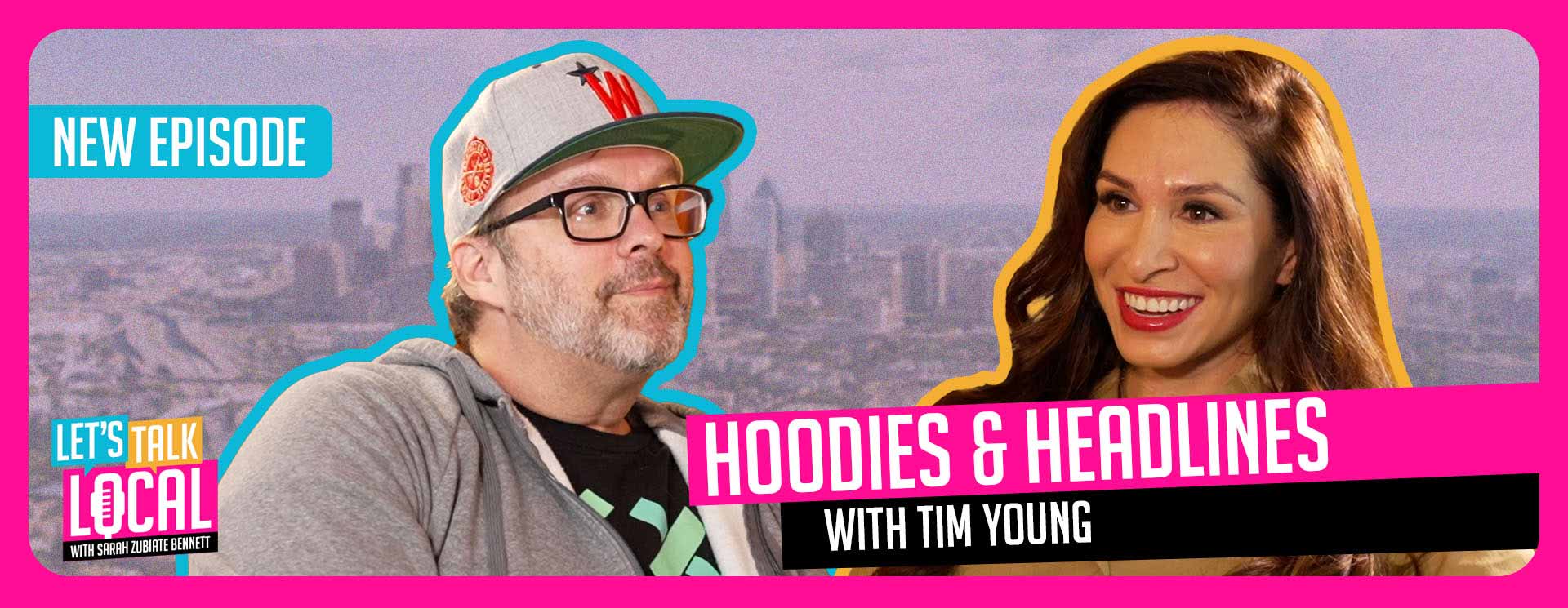A local botanical garden has partnered with a nonprofit to bring a unique experience to the blind and visually impaired for the upcoming total solar eclipse.
Fort Worth Botanic Garden and Lighthouse for the Blind are working together to provide an alternative for those unable to view the eclipse on April 8. Around 2,700 people are expected to turn up for the garden’s eclipse-watching event, where those who are visually impaired will be provided with brail solar charts and light-sound devices to partake in the celestial happening.
“Just because we have a disability, we want to do and experience everything just like everyone else,” said Alexa Owens, who works for Lighthouse for the Blind, according to WFAA.
And they will, thanks in large part to a device called LightSound, which was developed in 2017 by Astro Lab.
LightSound allows for data to be turned into sound through a technique called sonification. By using the device, a person will be able to follow as the moon passes between the sun and Earth thanks to the sounds emitted by their LightSound.
“The flute sound is at total brightness or total exposure to the sun. You will hear the tones get deeper and deeper with the clarinet sounds as a transition to the deep clicking,” Lea Rowe, Lighthouse’s head of client services, told WFAA.
The device can be attached to headphones or a speaker and is powered by either a 9V battery or a rechargeable Li-ion battery. It can also be connected to a laptop via USB and powered that way.
Although the tickets for Fort Worth Botanic Garden’s eclipse event have already sold out online, a limited number of tickets will be available onsite the day of. The event will run from 10 a.m. to 3 p.m. and feature unobstructed sky views with solar eclipse glasses and educational activities for all.
“We should have lots of high energy,” said Anna Sorelle, Fort Worth Botanic Garden’s family and children program manager, per WFAA.
“We’ll have lots of free activities outside the garden, as well as different activities and food trucks inside the garden. We’ll have some opportunities to do community science with our research team and other opportunities and activities to learn more about the eclipse and our solar system,” she said.


